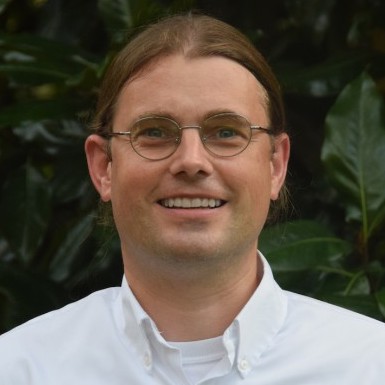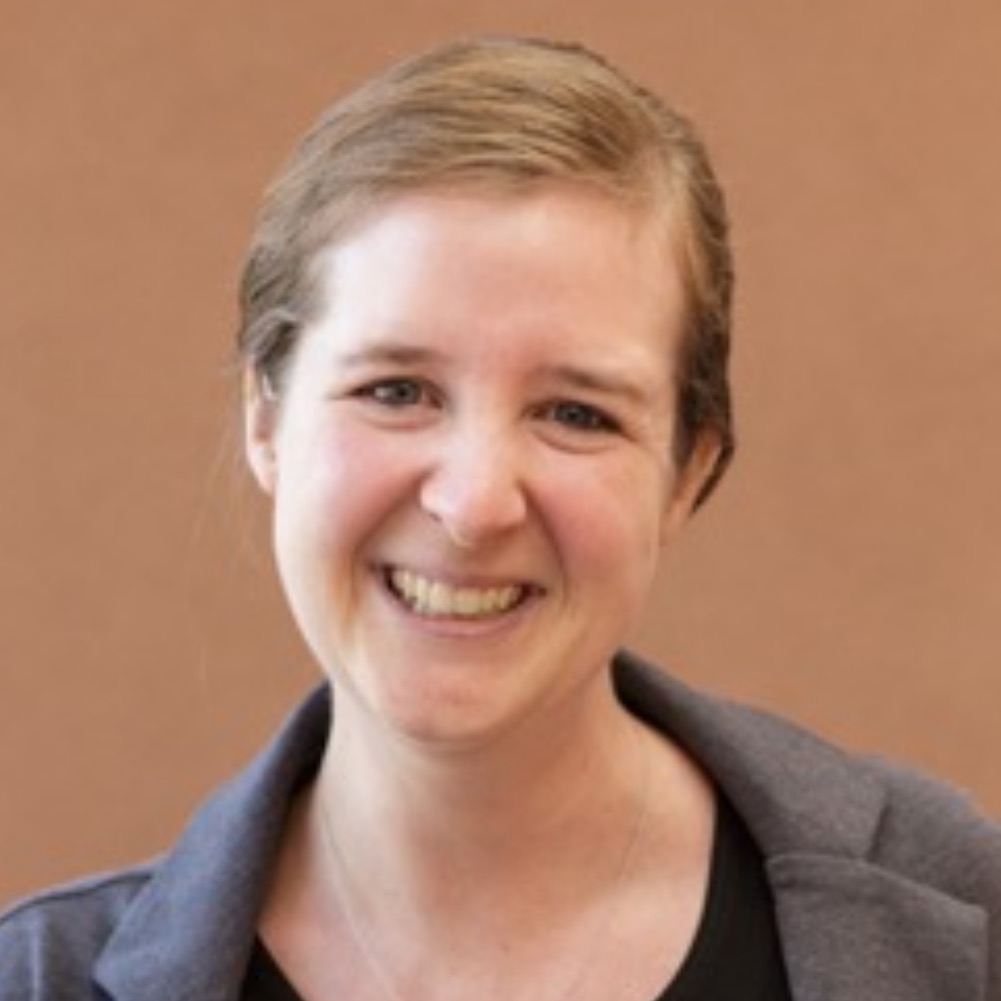Modeling in a Heterogeneous World
XVIII Red Raider Minisymposium (August 20–21, 2021)
The purpose of this workshop is to bring together experts, early-career faculty, and graduate students whose interests lie in the use of mathematical biology to investigate heterogeneous models arising in ecology and epidemiology. Our intention is that this meeting will not only be a good opportunity for researchers to find common ground, but will also provide a chance for interested early-career faculty to gain insight into this area as they begin to make their own contributions. The interaction between mathematicians, biologists, and medical professionals will provide a unique opportunity for all involved to experience truly interdisciplinary discussions and research. Our overarching goal is to foster a collaborative effort to find common themes amongst diverse researchers, identify important open questions in this field, and to focus continued effort in the direction of studying the importance of heterogeneity in biological models.
Plenary Speakers
Early-Career Speakers
Minisymposium Topics
Topics for this minisymposium include spatial heterogeneity in ecological systems, tumor heterogeneity, stoichiometric heterogeneity, infectious disease heterogeneity, and behavioral heterogeneity.
The main objectives of this minisymposium can be summarized as follows:
- Improve our understanding of the important roles heterogeneity plays in ecology and epidemiology through the use of dynamical systems.
- Bring together researchers—both mathematical and biological—to discuss new techniques, theoretical results, and applications.
- Advance engagement of diverse graduate students and early-career mathematicians and biologists in this interdisciplinary field.
More details regarding the minisymposium topics.
Minisymposium Structure
The minisymposium will consist of talks from Invited Plenary and Early-Career Speakers and also include a poster session. Through the generous support of the National Science Foundation, funding is available for early-career faculty, postdoctoral researchers, graduate, and undergraduate students to participate in the minisymposium and to present posters.
Remote and In-Person Presentations
All lectures and poster presentations will be available via Zoom for all registered participants. In-person poster presentations will be limited in number and dependent on official Texas Tech University restrictions and guidelines. Requests for funding for in-person poster presentations made prior to Friday, July 9, 2021 will be given full consideration. The registration form for the minisymposium can be found here. Please note that the deadline for registration is Friday, August 6, 2021.
Organizing Committee
Below are the local organizing committee and links to their home pages.
Each member of the organizing committee is a specialist in one of the following areas: mathematical biology, mathematical modeling, applied dynamical systems, theoretical biology and ecology, bifurcation theory, stochastic processes, computational mathematics, and scientific computing. For additional information, email the conference organizers.
Concerning COVID-19
Read the COVID-19 message from the Texas Tech President and Provost (PDF).
Location
In order to help participants find the Biology building (which is where all in-person talks will take place), please see the Texas Tech campus map. For further clarity, see the map below (which has the biology building highlighted).

Conference Support
This conference is partially supported by the National Science Foundation (NSF-1953696), the Department of Mathematics & Statistics at Texas Tech University, and the Horn Professorship of Linda J. S. Allen.







